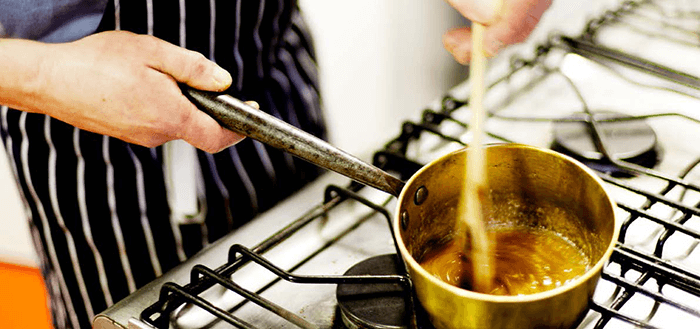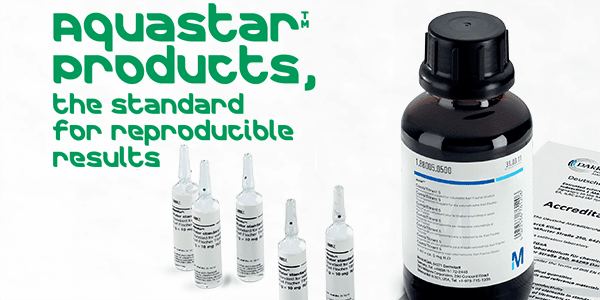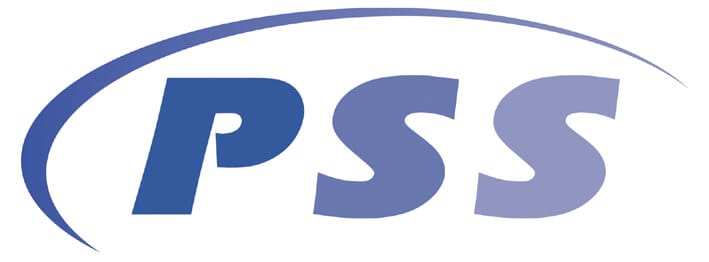For water determination in food samples, Karl Fischer (KF) titration offers significant advantages over traditional drying techniques. When food samples are heated and dried, a reaction can occur between amino acids and reducing sugars (the Maillard reaction) that generates additional water. In a drying method, this water would also be detected as weight loss, and thus would produce an incorrect result. Furthermore, volatile components contained in food samples are prone to evaporate, and hence would also bias the loss on drying result. KF titration is not influenced by any of these problems and, as a consequence, is a more widely used method for determining water content in all industries.


In confectionery products, water content affects the stability, texture, and flow properties of the product. For candies such as soft caramels (toffees) the higher the water content, the softer the toffee. Consequently, water content is an important parameter which must be closely monitored to hold it within specifications. Caramel mass does not dissolve in the methanolic medium of the KF titration at room temperature. Such samples require titration at 50°C and the addition of formamide to aid solubility of the sugar content. Complete dissolution may take several minutes. The softened caramel mass can stick to the probes of the indicator electrode, disrupting the indication and leading to over-titration. A homogenizer set up in the titration vessel can guarantee that the sample dissolves rapidly and completely. If a non-toxic working medium is preferred over methanol, Hydranal™-CompoSolver E can be used.





